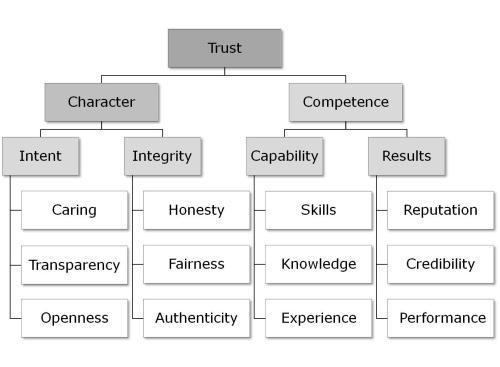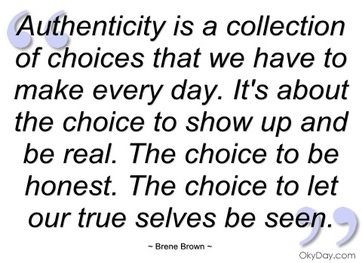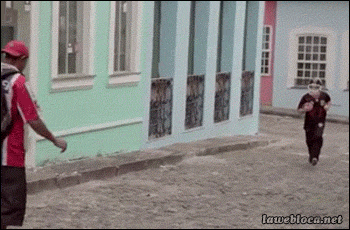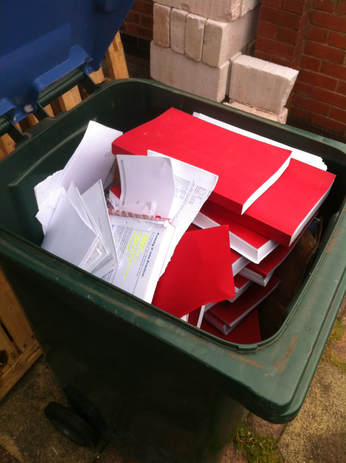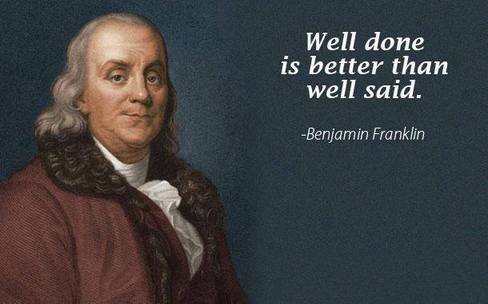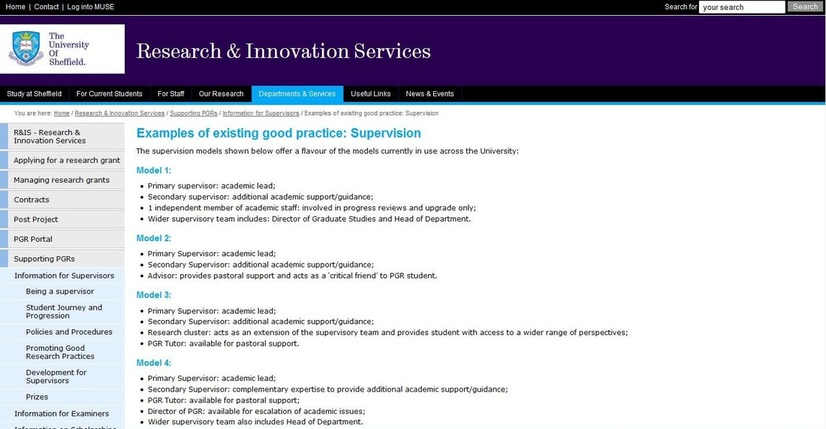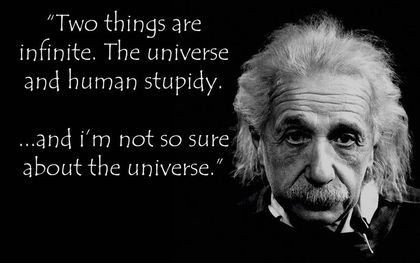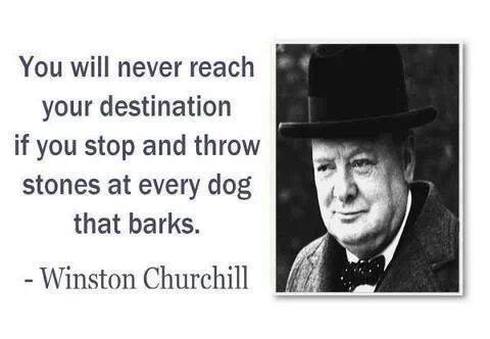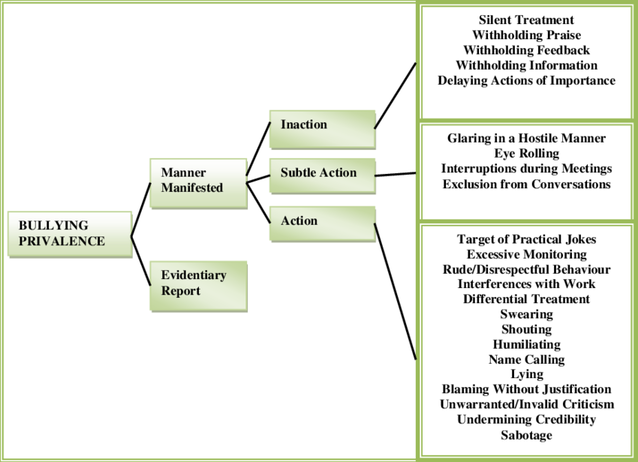How to know that your Supervisors Guidance is Non-Constructive
When you feel your given the least guidance that's the first sign that you are lead to the path of decreasing the value of your work, because the more feed back you get the stronger your work would be. Its all about trust that this person who you are going to invest your time and money with will get you to the other side:
Authenticity is very important as a factor because if you deal with none real characters you cannot get to your objective.
Choosing a Supervisor
The last thing on your mind is to make the wrong choice of supervisor for PhD therefore these steps can provide you with some hints beforehand. One of the difficulties is being able to talk to him face to face due to the distance restriction. You will notice that some academics don't respond to emails therefore you need to verify that they are willing to take you. To overcome such a problem is just by giving them a call to their office the majority have their contact details on their website. If they don't answer their phones then you processed in contacting the department secretary if she says he is in his office then that's a clear sign that he has enough students and does not intend to take any more.
1- Visiting his research group before you make take the step of enrollment into your PhD.
2- Clarifying that the chosen supervisor publishes with his students on a regular basis, this quickly gives you hints on the productivity of the research group and how efficient they do work.
3- When the supervisor tries to look for funding for you and tries to contact people to help you out that's a good hint to processed.
4- During the contact phase with the supervisor does he seem responsible in his emails dose he reply to them, do you find him accessible to you, all these patterns give hints to you that will most probably be the same situation you will have to go through if you do PhD with him.
1- Visiting his research group before you make take the step of enrollment into your PhD.
2- Clarifying that the chosen supervisor publishes with his students on a regular basis, this quickly gives you hints on the productivity of the research group and how efficient they do work.
3- When the supervisor tries to look for funding for you and tries to contact people to help you out that's a good hint to processed.
4- During the contact phase with the supervisor does he seem responsible in his emails dose he reply to them, do you find him accessible to you, all these patterns give hints to you that will most probably be the same situation you will have to go through if you do PhD with him.
The Signs that Your Boss Wants you Out
These are some of the points:
1- The one key sign that your boss wants you gone is that your boss ignores you.
2- When your boss is avoiding you, he is indicating that your presence in the workplace doesn't matter to him.
3- By giving your work to others, your boss is saying that your work doesn't matter and/or that he doesn't believe that you can do it.
4- Changing the research topic of your PhD last year before submission, another method is saying that the students calculations he was working for the last 2 years are wrong, after approving verbally during meetings that his work is good.
1- The one key sign that your boss wants you gone is that your boss ignores you.
2- When your boss is avoiding you, he is indicating that your presence in the workplace doesn't matter to him.
3- By giving your work to others, your boss is saying that your work doesn't matter and/or that he doesn't believe that you can do it.
4- Changing the research topic of your PhD last year before submission, another method is saying that the students calculations he was working for the last 2 years are wrong, after approving verbally during meetings that his work is good.
When working on the wrong project where it is not manged in the proper manner without significant useful guidance, at some point you will have to throw every thing you covered and start from zero again, I had worked and wit
The Student Needs a Supervisor that Finds Solutions for the Students
Sometimes a PhD is made up of thousands of problems and at some point some problems have to be resolved by the supervisour for the student to continue his work
Common Supervision Problems
These are some points
1- Supervisor lacking necessary expertise to provide support, this is a very common problem these days due to the fast development in some fields it really hard to follow up by the supervisor himself especially in fields relating to IT.
2- Supervisor’s absent due to study leave or sickness, I have stories of the supervisor going into depression or have an operation or .....etc.
3- Supervisor providing unclear guidance and advice, this is a very common case where he tries not to answer your questions and if he dose it has no meaning.
4- Supervisor being slow in providing feedback on written work, this happens when publications are written down and the supervisor is so slow in reading it, the same applies for PhD thesis.
5- Supervisor leaving during student’s PhD, this is something that happens where the supervisor goes on a six month training course in another country and he tells you to contact him by email, then when you do he tells you lets leave it till I come back.
6- Student feeling undermined or bullied by a supervisor, this happens with students that have weak language or don't have a strong foundation in the field.
2- Supervisor’s absent due to study leave or sickness, I have stories of the supervisor going into depression or have an operation or .....etc.
3- Supervisor providing unclear guidance and advice, this is a very common case where he tries not to answer your questions and if he dose it has no meaning.
4- Supervisor being slow in providing feedback on written work, this happens when publications are written down and the supervisor is so slow in reading it, the same applies for PhD thesis.
5- Supervisor leaving during student’s PhD, this is something that happens where the supervisor goes on a six month training course in another country and he tells you to contact him by email, then when you do he tells you lets leave it till I come back.
6- Student feeling undermined or bullied by a supervisor, this happens with students that have weak language or don't have a strong foundation in the field.
How is an Ideal research Group
This link is outstanding
Positive Guidance
There are lots of points these are some of them
1- Having confidence that you will get a PhD under your supervisors supervision.
2- Having confidence that your supervisor wants you to get PhD and learn.
3-You find no repetition from every meeting and that you learn from him things after each meeting.
4-Wanting to see your supervisor and liking to hear from his experience.
5- Wanting to publish and work with him and you feel you have trust in what he says.
6-You will always find yourself talking about your supervisor positively.
7-He tells you if he dose not know in an area of science.
Remember nobody is perfect there is no ideal supervisor or student, weigh up the positive and negative points that's through writing these points on paper and put a tick or cross beside each point, from that you can figure out if you need to change project supervisor or not.
1- Having confidence that you will get a PhD under your supervisors supervision.
2- Having confidence that your supervisor wants you to get PhD and learn.
3-You find no repetition from every meeting and that you learn from him things after each meeting.
4-Wanting to see your supervisor and liking to hear from his experience.
5- Wanting to publish and work with him and you feel you have trust in what he says.
6-You will always find yourself talking about your supervisor positively.
7-He tells you if he dose not know in an area of science.
Remember nobody is perfect there is no ideal supervisor or student, weigh up the positive and negative points that's through writing these points on paper and put a tick or cross beside each point, from that you can figure out if you need to change project supervisor or not.
Negative Guidance
You can see the results of nonconstructive guidance sometimes in the short term and sometimes in the long term. The problem is identifying nonconstructive guidance, on the long term it comes up when the student gets to each year's upgrade panel where no material is available to present. Whatever problem you get stuck at during your project you need to put it forward by stating it in your emails. Because if your upgrade panel is not happy with your progress, then the only proof of your encountered problems is documented in your emails, all verbal statements or conversations are not considered as a proof, that's why emails are very important. Some of the best methods usually to clarify in your mind if he is cooperative or not is through asking him the question in different forms in your meetings.
You notice the following patterns during your PhD with him:
1-When you ask questions during meetings you get the following answers : this is not related to the problem, we will talk about this later, this is easy, you shouldn’t ask these questions, we don’t want to hear what you know, this is your problem, I want you to learn that is why I will not answer the question so you find it out, asked not to talk with emotion etc.
2- When you ask question during a meeting you get the following answer: A general answer that has lots of meanings. Where can I find these formulas – the answer would be from books.
3-When he sends emails they are unclear emails, do you have any data to show me?, Can you come for a meeting?, I have noticed several things.
4-He uses Statements that have lots of meanings and get you nowhere and also talks about things not relevant to academia, he will talk about the weather, he will talk about his parents, about his family problems.
5-Using caring statements for intentions that seem to work with the project objective on the short term but you see for future of the project have a negative impact.
6-Never sharing what they really know. Because he knows nothing it's a way to protect himself from other academics he pretends to do things nobody understands. Asks complicated questions in seminars that nobody understands. If you really insist in getting an answer out of him he will answer in a one word statement, example Yes, no , derivate, accuracy...
7-Persistence in the lack of cooperation, which means as a character they will never change and there is no need to continue working with him.
8- Focusing on irrelevant issues which diverge attention from the main project, talking about unnecessary issues relating to the project like telling you to change font size, font color how to save a document.
9- While in a discussion, trying to ask complicated questions in order to make it difficult to understand the conservation.
10-Always being referred to people who don’t know and need help.
11-Conducting seminars that get you nowhere.
12-Getting manipulated to work on a project for free.
13-Not getting any guidance on people or friends to cooperate with in the academic community.
14- Not getting any guidance for funding opportunities.
15-Pretending to describe something silly on paper or drawing on the board while the problem is a more of a practical problem.
16-Responding negatively to project proposals, or not responding to the idea when mentioned.
17-Being a hypocrite, after an hour's meeting where not a single question was answered he tells you to ask questions when stuck.
18-Not replying to emails that are important.
19-Takes him a long time to reply to important emails.
20-Asking the student to come to verbal meetings.
21-Being away for long periods, such as training programs, this makes it difficult for the student to conduct research because of the lack of guidance.
22-Always making your problem seem to be the biggest problem in the whole world.
23-Never seeing the finish line of your project.
24-Your boss putting barriers between you and him – not being able to see him except with an email.
25- Due to the slow progress and lack of produced publications, he will make sure you will never want to work in the field you liked.
26-Feeling not wanting to see your research group members and not wanting to go to the place of work.
27-Meetings seem a repetition of problems and always take more than an hour and after each meeting you can’t work for a week, it's not about the number of meetings a week, it's how many problems are solved each time.
28- When mentioning a problem you are facing, he automatically interrupts the conservation by putting another topic forward.
29-While conducting a presentation, he asks questions but never gives answers to them when students don't know the answers.
30-Hearing stories about his achievements in life, when you really want answers to your questions.
31- Not given permission to record the meetings, if you feel your English is weak ask him for permission to record meetings because its very difficult for the student to take notes and understand at the same time using a language that is not his mother tongue .
32- Trying to say that your English is not to the required level.
33-After intimidation he expects the student not to say anything and not to react with sadness or emotion.
34-He Isolates his students from each other and from strong people in the field.
35-Playing children’s games, where material is initially hidden from the student to make him work extra time.
37- Proof reading takes ages for material needing to be published, the same case applies for PhD thesis.
38- He will refer you to out of reach academics or academics that are not responsive when contacted or are on the other side of the globe.
39- Told always to read publications over and over again, publications can give you hints but they require the student to have a strong foundation in the field.
40- Telling work fellows not to help you in a manner that looks caring, example dont answer mr x because we don't want him to work on things that waste his time.
41- Misusing his position as an academic by using polite words to shut the student up, and thinking that you don't know his actions of deception.
42- Being told that no one will help you or answer your questions except him, so there is no need to take action and ask outside the room. Which is totally contradicting to university requirements and life where it is all about people interacting with each other.
43- Tries to tell you that the most strict examiner will come to your viva.
44-Once you finish you PhD you would feel that you would never want to see him again or work in that field.
45- You are never introduced to other PhD students in your research group, so you wouldn't be exposed to their negative experience with him.
46- He will never tell you to start writing up your thesis.
47- He will not tell you to prepare yourself to go for a conference even when you are half way through your PhD.
48- Putting the blame on you through requiring you to study 14 hours a day, which is impossible with lots of problems not forgetting that during PhD you need to have a balanced social life.
49- You always find his undergraduate students complaining about him especially the ones who are directly involved with him, you will find them trying to seek assistance from other people.
50- You will find only the students who have his character can get on with him and finish PhD.
The following link also provides you with tactics against bullying at work.
These kinds of supervisors are unwilling to work and don't usually care, it is not just academia which has these kinds of people also they are found in industry this is how life is, they are usually very bright but only to their own benefit, they want everything to come to them with the least effort, they want to take but not give, they will talk about ethics but on the ground you see their actions are different. At the end of the day any human wants some body to do the job they are paid for.
Emails to Raise your Concerns about the Project Progress
Dear Sir,
1- The problem from the sponsor, because he has a restricted amount of funding.
2- His funded for 3 years at the rate he is going its highly likely that he dose not feel that he can achieve his goal of PhD.
3- He is writing to explore the responsibility to change supervisor if his concerns are not met.
2- His funded for 3 years at the rate he is going its highly likely that he dose not feel that he can achieve his goal of PhD.
3- He is writing to explore the responsibility to change supervisor if his concerns are not met.
Kind Regards
Unless otherwise noted, all content on this site is @Copyright by Ahmed Al Makky 2012-2015 - http://cfd2012.com
